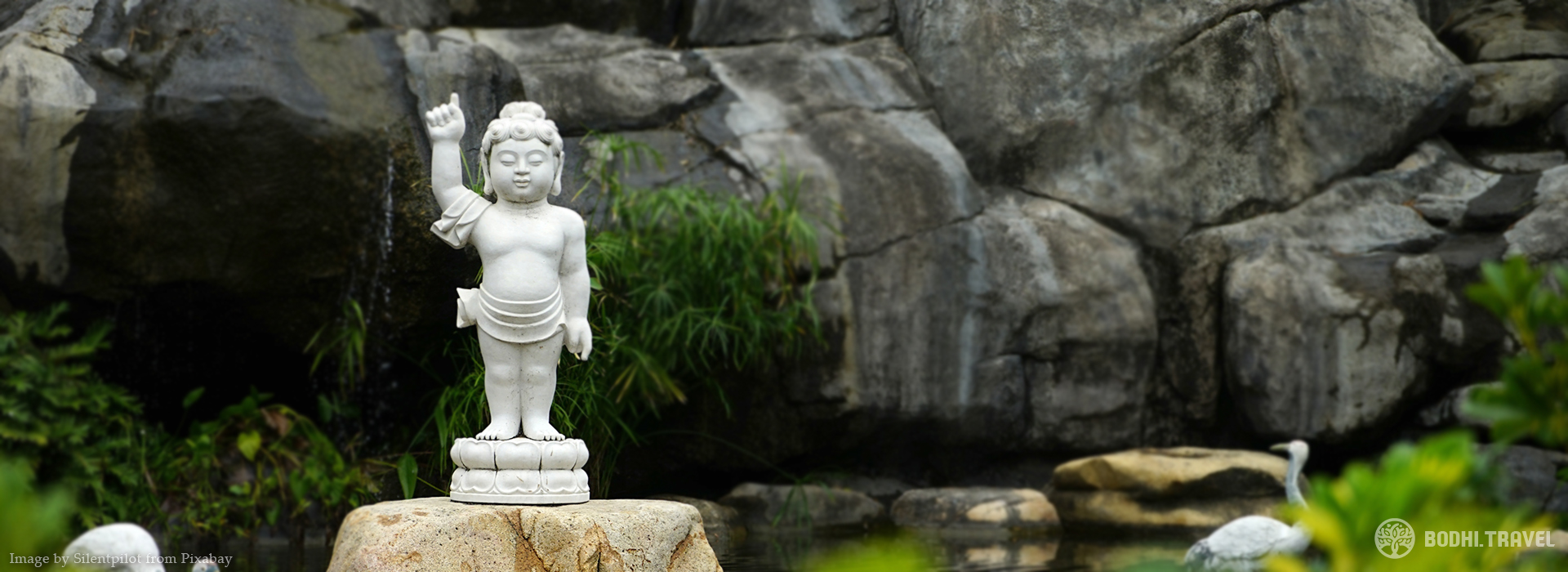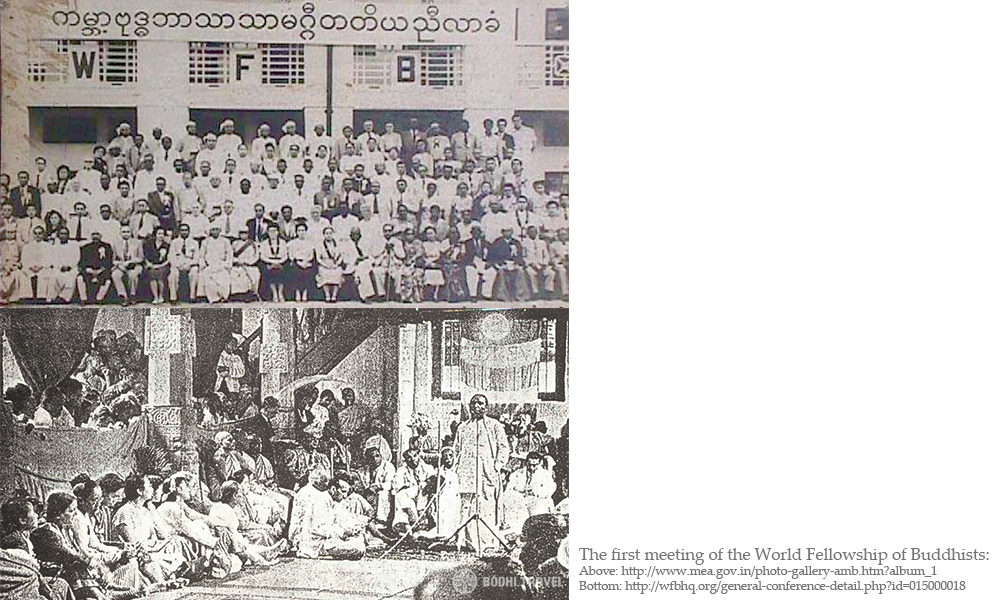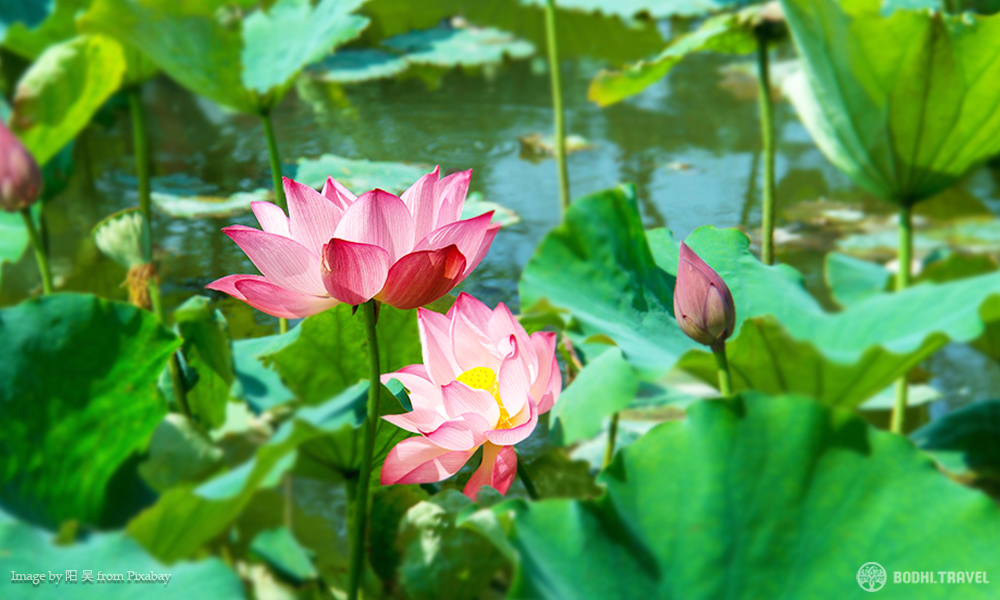
Vesak Day
BODHI ADMIN - Posted on May 16, 2019 - 2,509 Views
Vesak Day is the most important day in the Buddhist calendar. The day is celebrated annually on the full moon of the ancient lunar month of Vesakha (usually May or early June). Vesakha is the second month of the Buddhist calendar. As Vesak Day is based on the lunar calendar, the date varies every year in accordance with the lunar calendar.
For millennia, Buddhists observed and commemorated the birth, Enlightenment and the final passing into Parinirvana of the Shakyamuni Buddha. In the records of the famous Chinese monk Xuan Zang (602-664 CE), Xuan Zang observed that the Buddhists in India were commemorating the Buddha’s birth, Enlightenment and final passing on Vesakha. However, he also noted that other Buddhist sects conducted their celebrations at other times.

Despite the long history of Vesakha, Vesak Day, as a public holiday and international day marking the Buddha’s important life milestones, is a fairly recent phenomenon. In 1950, during the first meeting of the World Fellowship of Buddhists held in Sri Lanka, the conference declared the adoption of Vesakha universally as Vesak Day to commemorate the birth, Enlightenment and the final passing into Parinirvana of the Shakyamuni Buddha.
Traditionally, Vesak Day marks the Buddha’s final passing and so for 2019, it will be the 2563th anniversary of His final passing. It is also common during Vesak for temples and Buddhist organisations to use a larger number (e.g. 2563 for 2019) instead of the year when denoting the celebrations.
In Singapore, Vesak Day was officially declared a public holiday in 1955 after decades of lobbying by the local Buddhist community. READ MORE ABOUT IT [HERE]

Vesak celebrations differ from country to country although there are some similarities. Activities are usually held in Buddhist temples and associations. The temple grounds will be cleaned and decorated before the actual day.
Devotees will chant Buddhist scriptures, perform rituals such as Three Steps One Bow ceremony or Bathing of the baby Prince Siddhartha, or do charitable deeds such as blood donation, donating money or distributing gifts and food to the poor and needy.
MORE ARTICLE: Mudras – Dhammacakra
MORE ARTICLE: The Lotus




